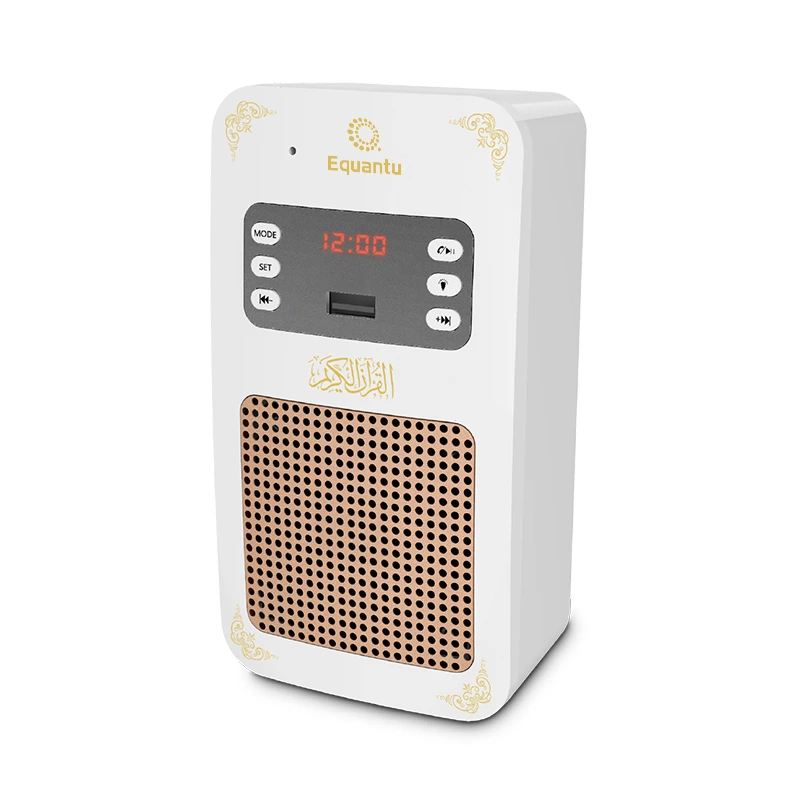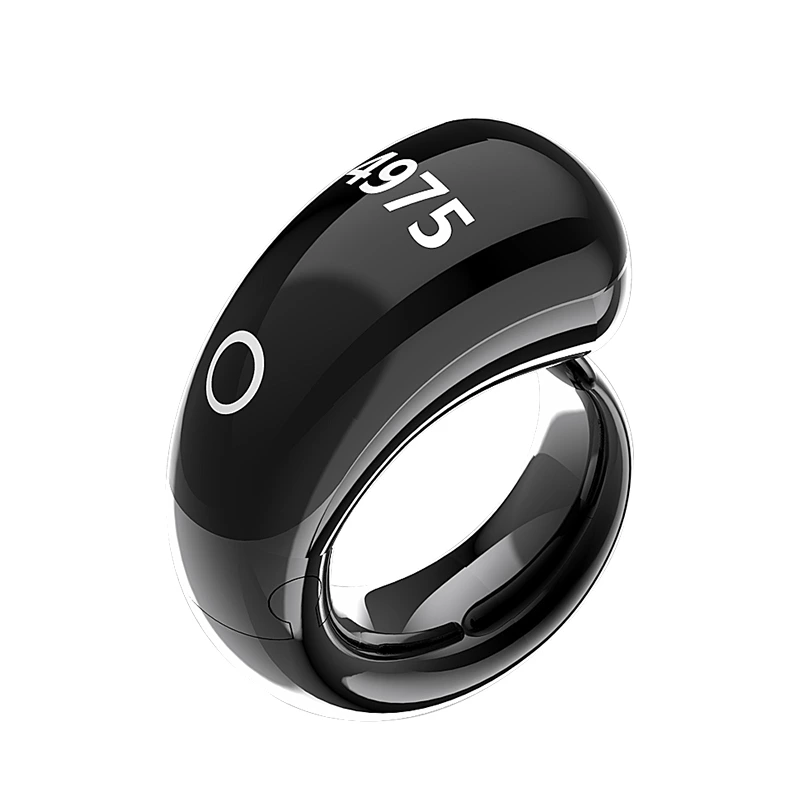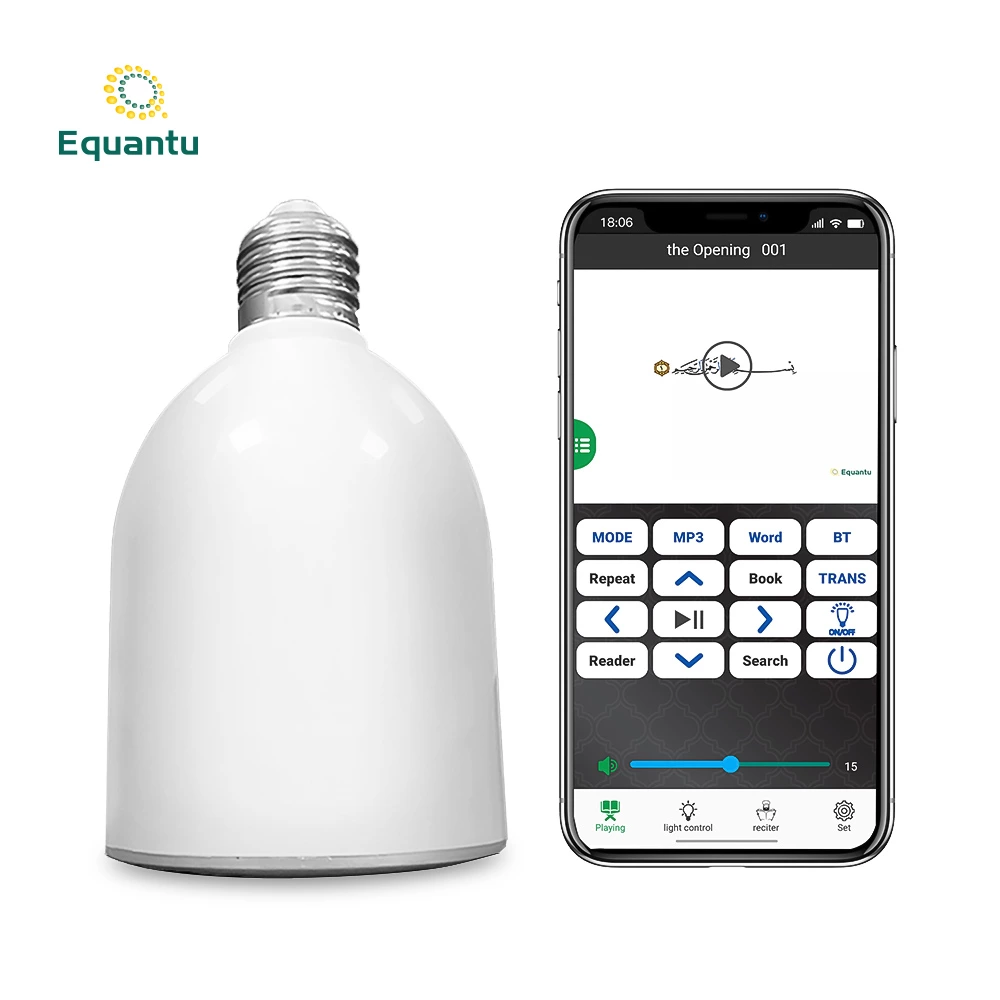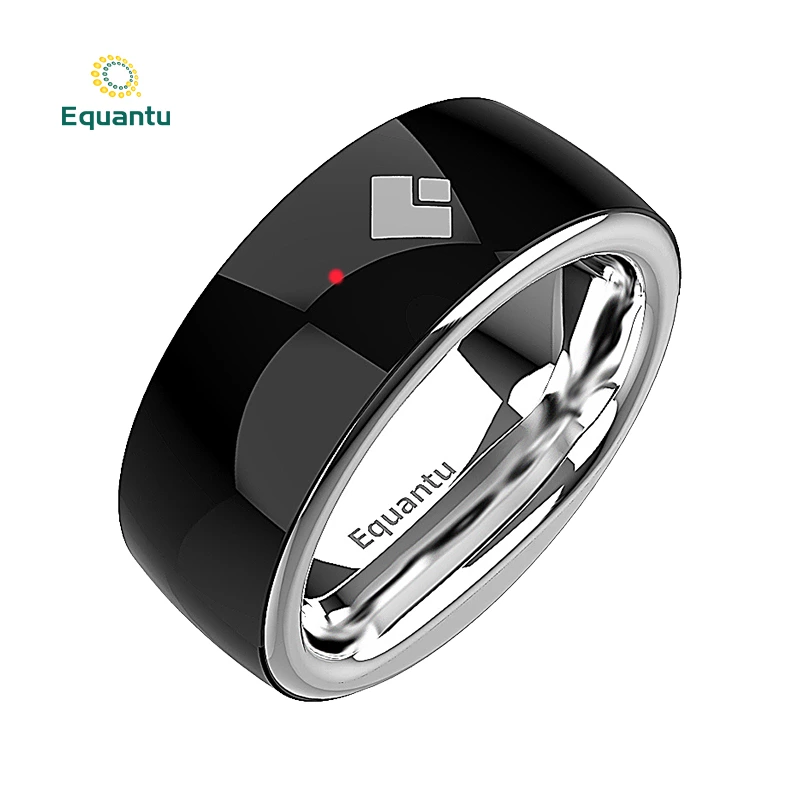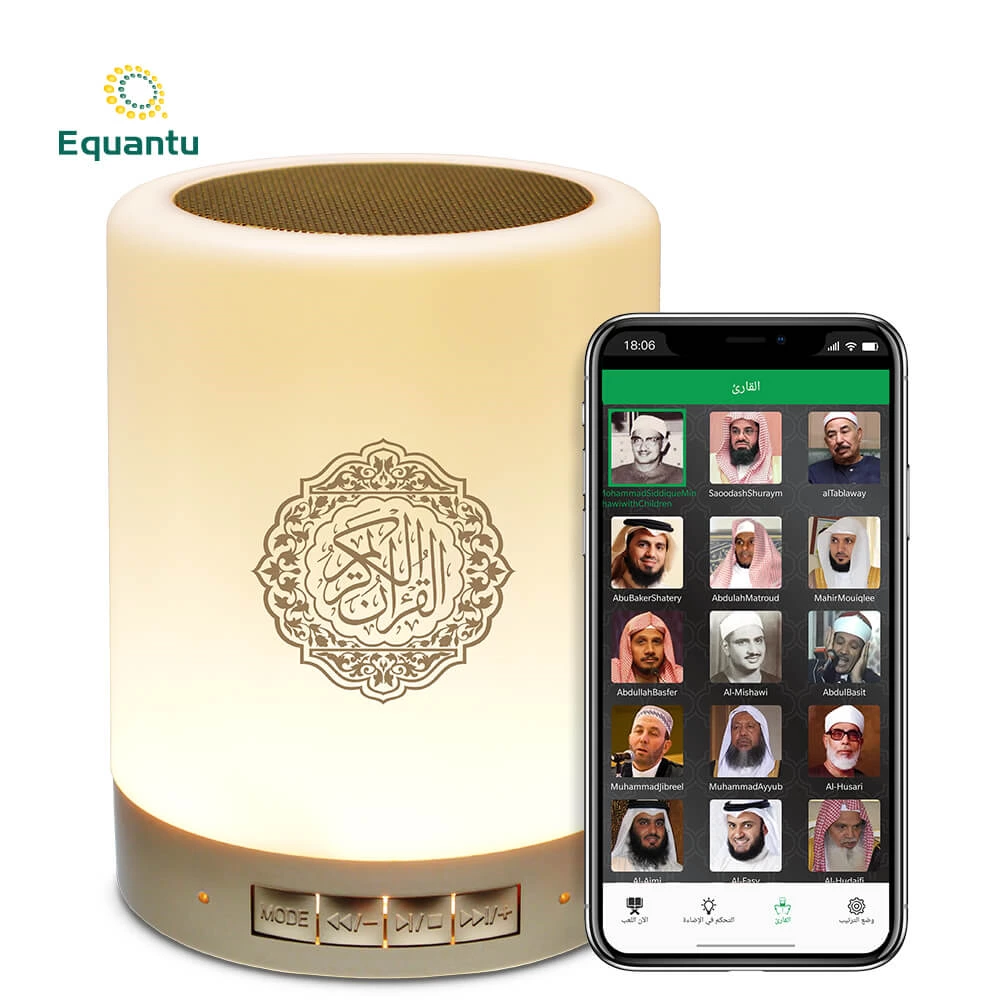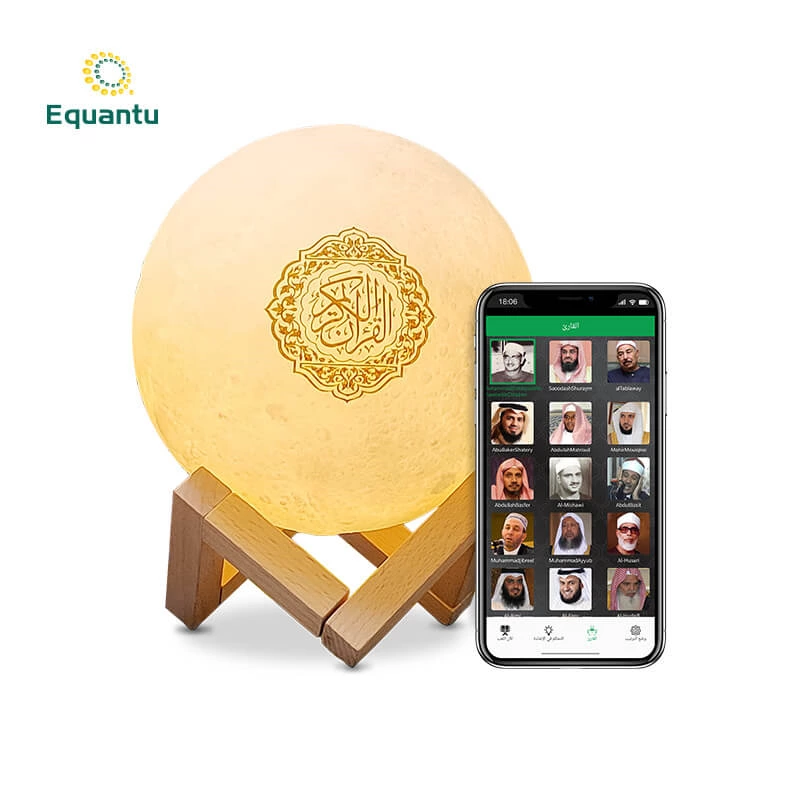Character and Conduct
Personal Excellence
The Prophet (PBUH) emphasized the paramount importance of good character through his famous hadith: "The best among you are those who have the best character." (Bukhari) This fundamental teaching sets the foundation for Islamic personality development.
This hadith's implications are far-reaching and profound. It establishes character as the primary measure of a person's worth, above wealth, status, or lineage. The Arabic word used for character, "akhlaq," encompasses not just outward behavior but also inner qualities such as sincerity, truthfulness, and integrity.
The Prophet's emphasis on character development was not merely theoretical; he demonstrated it through his own conduct, earning the title "Al-Amin" (The Trustworthy) even before his prophethood. This practical example shows that good character is achievable and should be actively cultivated through consistent effort and self-awareness.
Social Relations
In addressing human relationships, the Prophet (PBUH) provided a comprehensive principle: "None of you truly believes until he wishes for his brother what he wishes for himself." (Bukhari) This hadith establishes the foundation for all social interactions in Islamic society.
This teaching revolutionizes how we view and treat others. It goes beyond basic kindness to require genuine concern for others' wellbeing. The principle applies not just to Muslims but extends to all humanity, promoting universal goodwill and social harmony.
The practical implementation of this hadith involves developing genuine empathy, actively helping others, and maintaining pure intentions in our dealings. It transforms social interactions from mere formalities into opportunities for spiritual growth and community building.
Daily Living
Time Management
The Prophet (PBUH) provided crucial guidance about valuing time through this comprehensive hadith: "Take advantage of five before five: your youth before your old age, your health before your sickness, your wealth before your poverty, your free time before your busyness, and your life before your death." (Al-Hakim)
This profound teaching establishes a framework for prioritizing life's opportunities and resources. It emphasizes the temporary nature of our circumstances and the importance of taking proactive action rather than procrastinating.
Each paired comparison in this hadith contains deep wisdom about life planning and resource management. For instance, the contrast between youth and old age reminds us to invest in our future while we have the energy and capability to do so. Similarly, the reference to health before sickness encourages preventive measures and appreciation of good health.
Work Ethics
Regarding earning a livelihood, the Prophet (PBUH) taught: "No one eats better food than that which he eats out of the work of his hand." (Bukhari) This hadith establishes the Islamic perspective on work and self-reliance.
This teaching dignifies labor and encourages economic independence. It challenges the notion that certain types of work are beneath one's dignity, as long as the work is halal (permissible). The Prophet himself engaged in trade and manual labor, setting a practical example of this principle.
The hadith also emphasizes the spiritual value of honest work. It suggests that self-earned sustenance is not just materially but also spiritually more beneficial, as it maintains one's dignity and independence while contributing to society's wellbeing.
These prophetic teachings provide a comprehensive guide for living well, combining spiritual wisdom with practical guidance. By understanding and implementing these teachings, Muslims can develop excellence in character while successfully navigating the challenges of modern life.

